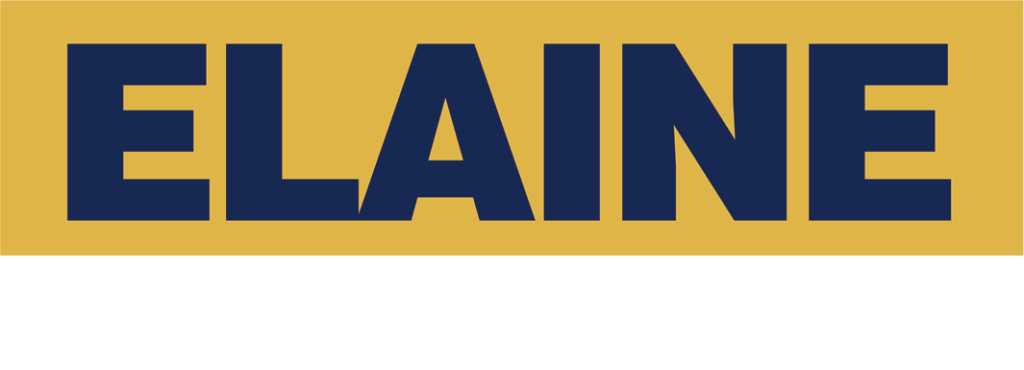As Rep. Elaine Luria, D-Norfolk, watched the struggle to refloat a giant container ship in the Suez canal — a waterway she transited a half-dozen times in her Navy career — she kept thinking about the cold of the Arctic and the coral lagoons of the South China Sea.
Both have the potential to be the same kind of chokepoints that could become multibillion-dollar problems for the global economy.
“It looks like something for a meme, but we’ll see a significant impact in the next weeks and years” from the shutdown of the Suez canal, she said. “And our adversaries are looking to create new choke points.”
For one, China is building airfields and missile sites in the disputed waters of the South China Sea, through which traffic to and from Japan, Taiwan and South Korea flows, she said. And as climate change opens an ice-free route in the Arctic between Europe and Asia, with more and more ships trying that route, Russia is poised to assert control.
Keeping choke points open is a key Navy mission — it is why the Norfolk-based USS Dwight D. Eisenhower strike group conducted an exercise with Morocco’s navy and air force earlier this month, since that nation guards the approaches to Gibraltar.
It’s why a key part of Norfolk-based USS Winston S. Churchill’s recent deployment involved escorting merchant ships through the Persian Gulf’s Strait of Hormuz and the Bab-el-Mandeb at the southern end of the Red Sea.
Luria said making sure nobody can choke off a choke point is why she’d like to see more smaller ships that can battle pirates, such as frigates for the Navy or Coast Guard cutters. The waters near the Bab-el-Mandeb and the heavily trafficked Straits of Malacca between Indonesia and Malaysia have long been plagued by piracy.
In addition, the House Armed Services Committee, of which Luria is vice-chair, is pushing to expand the U.S. fleet of ice-breakers to step up U.S. presence in the Arctic, where shipping, mineral exploration and fisheries issues are a growing concern. Only two aging Coast Guard cutters are reinforced enough to cope with Arctic ice.
Luria and the rest of Virginia’s congressional delegation are also trying to make widening the Port of Virginia main channel an Army Corps of Engineers priority. The state is funding its share of the project and work is underway, but a priority rating would expedite the work.
The channel is now subject to one-way traffic restrictions when large ships like the Ever Given call here — as the Suez Canal is for all traffic.
The Ever Given’s grounding in the Suez Canal trapped ten container ships scheduled to call at Hampton Roads in April, Port of Virginia spokesman Joe Harris told WAVY this week. Harris said the ships would arrive here late, probably toward the end of April or in early May.
Read full article>>>

